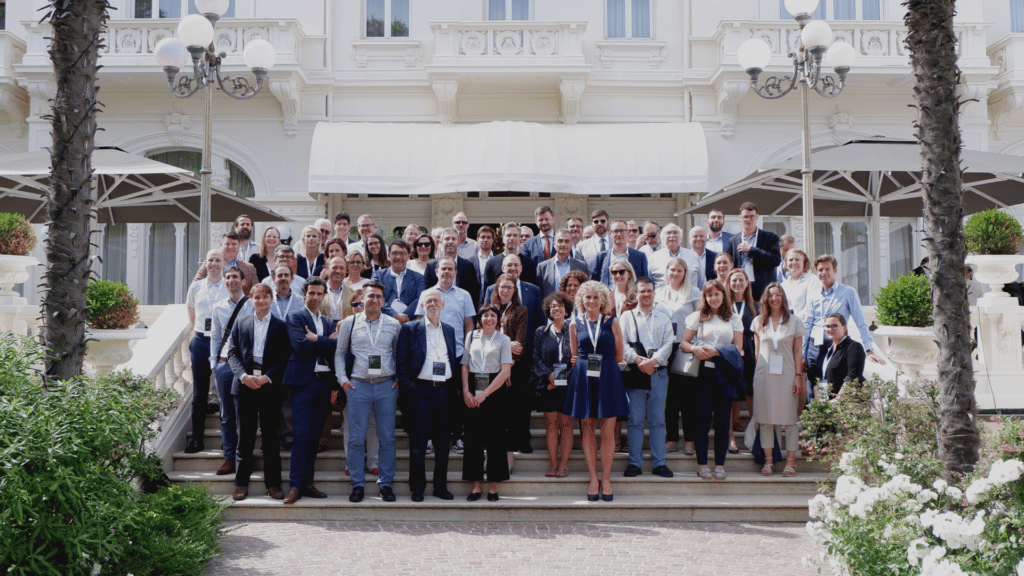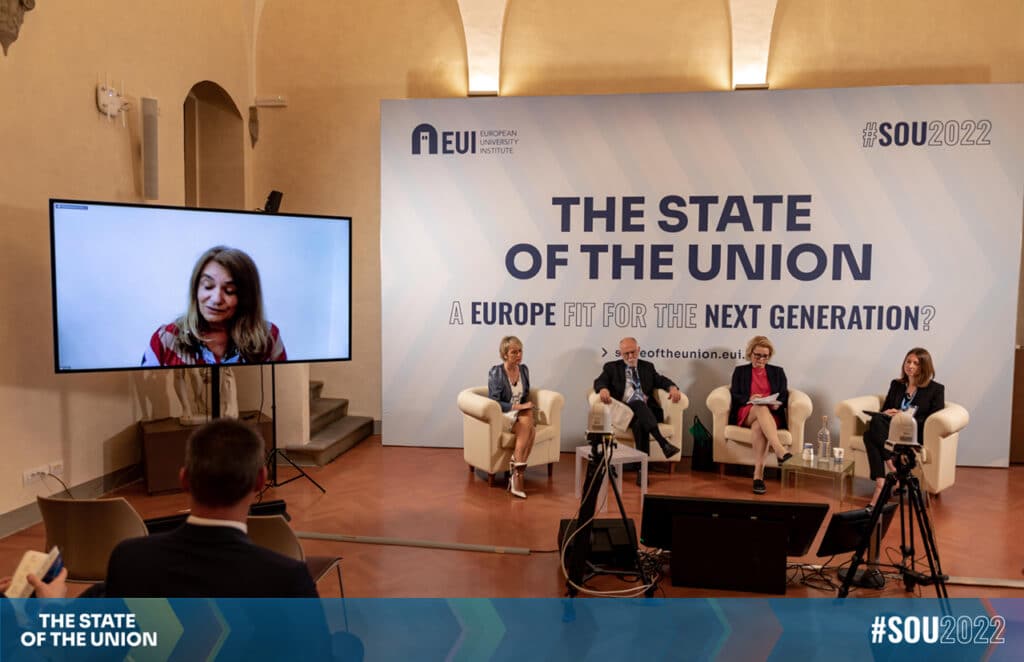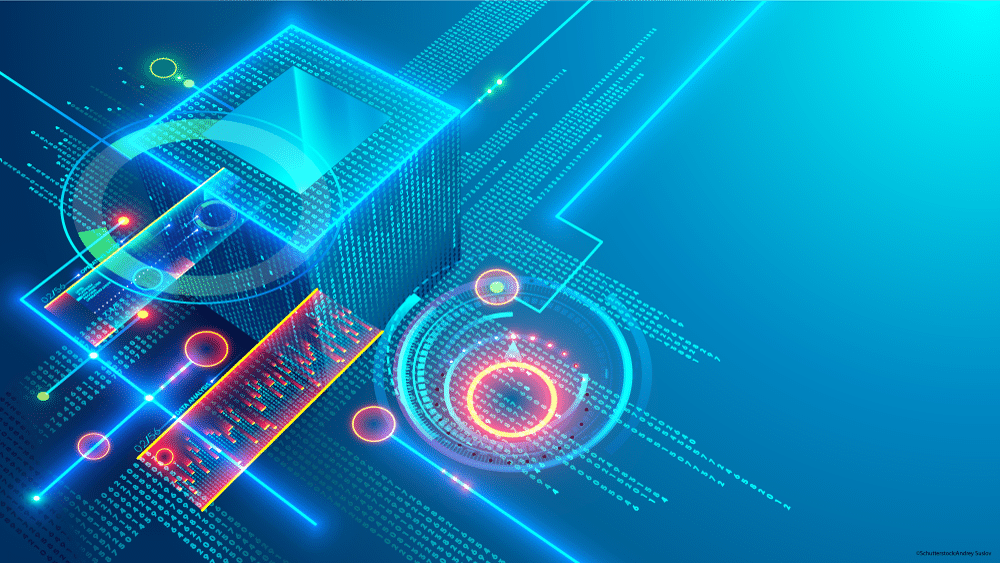Internet of Things and the challenges for infrastructure investment in 5G based-smart network industries
The paper “Internet of Things and the challenges for infrastructure investment in 5G based-smart network industries” will be presented at the 10th FSR Annual Conference (10-11 June, 2021).
ABSTRACT:
5G networks with its fixed and mobile convergence and its potential for large broadband capacity and ultra-low latency guarantees provide an application blind general-purpose technology for a large and open set of physical applications and services. The increasing dynamics of IoT-based use cases (“vertical industries”) shifts the focus on application driven 5G-based virtual networks which combine the different dimensions such as camera-based sensoring, big data collection and processing, cloud computing (global and edge cloud) with the all-IP bandwidth capacities, depending on the specific requirements of the use cases under consideration. The goal of this paper is to analyze the innovational complementarities between physical and virtual networks with particular focus on 5G-based network infrastructures such as Future Railway Mobile Communication System (FRMCS) or 5G MOBIX and concomitant investment problems involved.
Internet of Things and the transition towards 5G-based smart network industries is concomitant with a fundamental change of the traditional physical infrastructures which pervade all decision-relevant components of the infrastructure value chains. The innovation potentials for markets of various smart physical network services are strongly increasing. Allocation of network capacities is based on real- time and location-based scarcity signals reflecting the opportunity costs of network usage. Repair and maintenance of smart physical network infrastructures may become proactive and remote, by means of smart sensors and drones. The planning process for upgrading infrastructures or building new parts of infrastructures (e.g. a new additional lane or a new bridge) can be based on simulation models (digital twins) by means of 5G-driven augmented and virtual reality (AR/VR) technologies based on real life conditions of infrastructure usage. Decision-relevant costs of new networks and novel network services are to be determined from the perspective of forward-looking decision-oriented costing.
IoT-based use cases (“vertical industries”) lead to an advanced development of the concept of virtual networks under the heading of 5G-based end-to-end network slicing combining 5G bandwidth capacities with other ICT such as cloud computing, sensor networks and big data centers. Network slicing is based on separate independent end-to-end-logical networks on the same physical infrastructure from user equipment to various mobile applications where each network slice has its own service level agreement and objectives requirements. Organizational design problems are analyzed considering different possible contractual relationships between the parties involved. Alternative configurations for the division of labor between physical network infrastructure and service providers and the providers of complementary virtual networks are analyzed. 5G network providers may pre-define possible configurations (vertical service blueprints) to specific ICT required for specific use cases, or physical network service providers may combine the required virtual ICT inputs (e.g. within campus networks) or third parties may develop the required big data virtual networks.
Networked vehicle operator platforms can evolve based on real time scarcity signals, on smart infrastructure upgrading decisions, on innovational complementarities between physical network infrastructures and complementary big data virtual networks. Train-operator platforms gain the potential to shift network intelligence from the railroad tracks to the trains and 5G-based train traffic control systems and thereby strongly increase the railroad track capacities without the requirement of building new additional railroad tracks.







